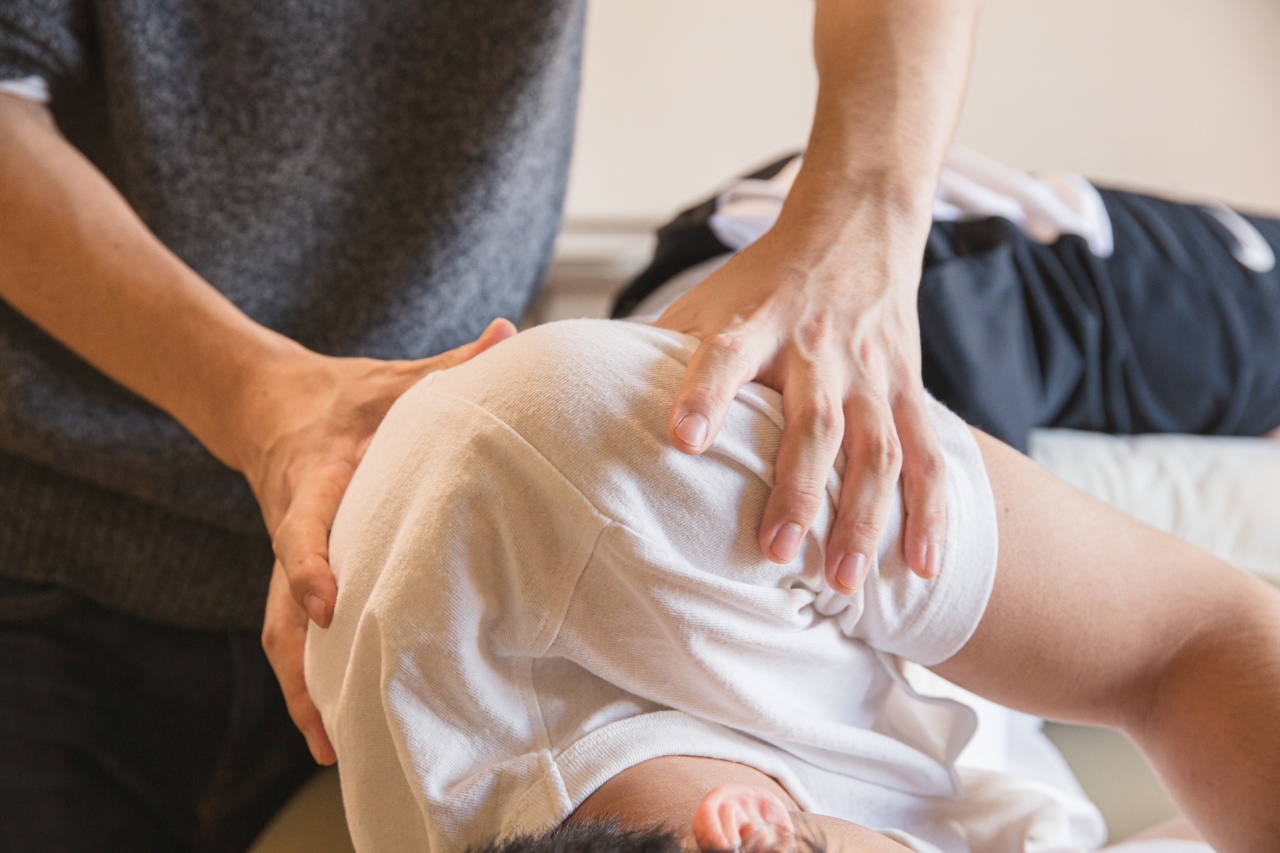When it comes to injuries and illnesses, determining when a hospital visit is necessary can sometimes be a tricky decision. One specific concern that individuals may have is when rotting or decaying tissues warrant seeking medical attention.
This article explores various scenarios and symptoms that may indicate a need for a hospital visit.
1. Open Wounds
If you have an open wound that shows signs of rotting, such as a foul smell, changes in color, or increased pain, it is crucial to seek immediate medical help.
These symptoms may indicate infection or tissue damage that requires prompt treatment to avoid further complications.
2. Severe Pain
Intense pain that accompanies rotting tissues could be indicative of a serious underlying condition. If the pain seems disproportionate to the injury or site of decay, it is advisable to consult a healthcare professional.
They can assess the situation and determine the appropriate course of action.
3. Rapid Spreading of Decay
If you notice the rotting tissues spreading rapidly, extending beyond the initial injury or site, you should consider seeking medical attention. This may suggest a systemic infection or other serious condition that requires immediate treatment.
4. Fever
Persistent or high fever accompanying rotting tissues could be a sign of a severe infection.
Fever is the body’s response to an underlying issue, and if it persists or worsens, it is essential to see a medical professional to diagnose and treat the root cause.
5. Increased Swelling
While some swelling may be expected around the affected area, a sudden or significant increase in swelling could indicate an infection or other underlying issue.
If the swelling becomes increasingly painful or impairs your ability to move the affected limb, it is advisable to seek medical help.
6. Pus or Discharge
If you notice pus or any unusual discharge coming from the site of the rotting tissues, it’s a clear sign of infection.
This warrants an immediate hospital visit, as infections can quickly worsen and may require antibiotic treatment or even surgical intervention.
7. Signs of Sepsis
Rotting tissues that give rise to symptoms of systemic infection, such as rapid heartbeat, confusion, dizziness, or difficulty breathing, indicate a potentially life-threatening condition called sepsis.
Sepsis requires immediate medical attention, as it can rapidly progress and lead to organ failure.
8. Underlying Medical Conditions
If you have pre-existing medical conditions that compromise your immune system or circulation, any level of rotting or tissue decay should be taken seriously. These conditions include diabetes, peripheral artery disease, and autoimmune disorders.
Seeking medical help promptly will help prevent further complications.
9. Foul Odor
A strong and persistent foul odor emanating from the rotting tissues could be indicative of a severe infection. The smell might result from bacteria or dead tissue and should not be ignored.
Consult with a healthcare professional to determine the underlying cause and appropriate treatment.
10. Concerns about Healing Process
If you have any concerns about the healing process or doubts about the severity of the rotting tissues, it is always better to err on the side of caution and seek professional medical advice.
Healthcare providers can provide reassurance, evaluate the situation, and provide appropriate treatment recommendations.
Conclusion
While minor injuries can often be managed at home, it is essential to recognize when rotting or decaying tissues warrant a hospital visit.
Symptoms like open wounds, severe pain, rapid spreading of decay, fever, increased swelling, pus or discharge, signs of sepsis, underlying medical conditions, foul odor, or concerns about the healing process should not be ignored. Prompt medical attention can help prevent further complications and ensure proper treatment.































